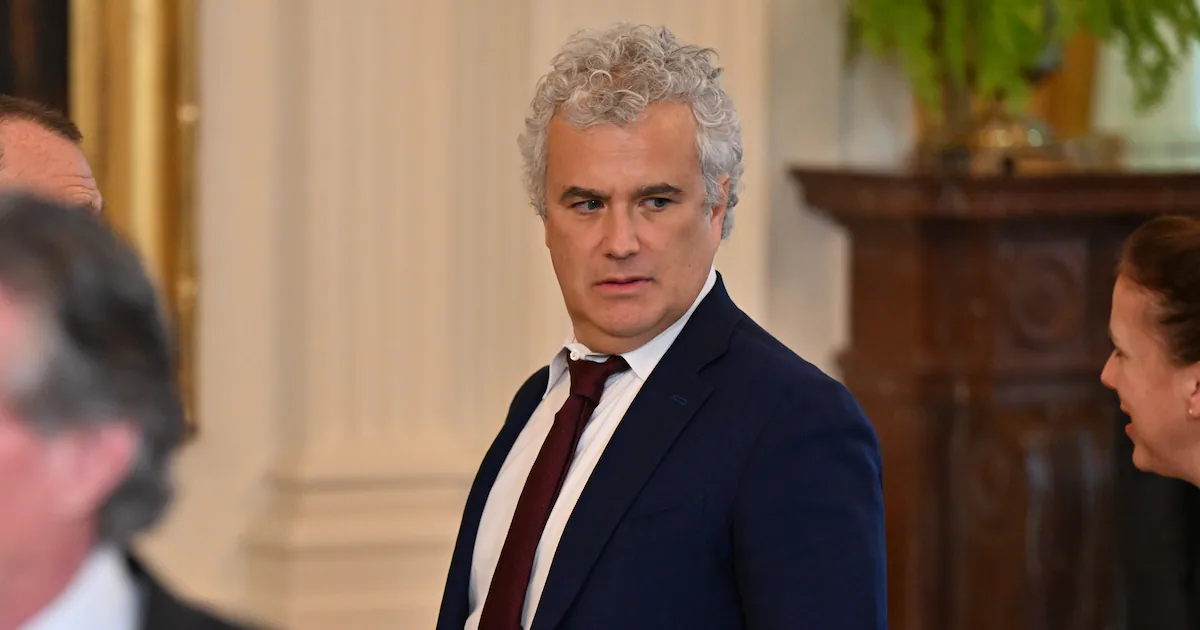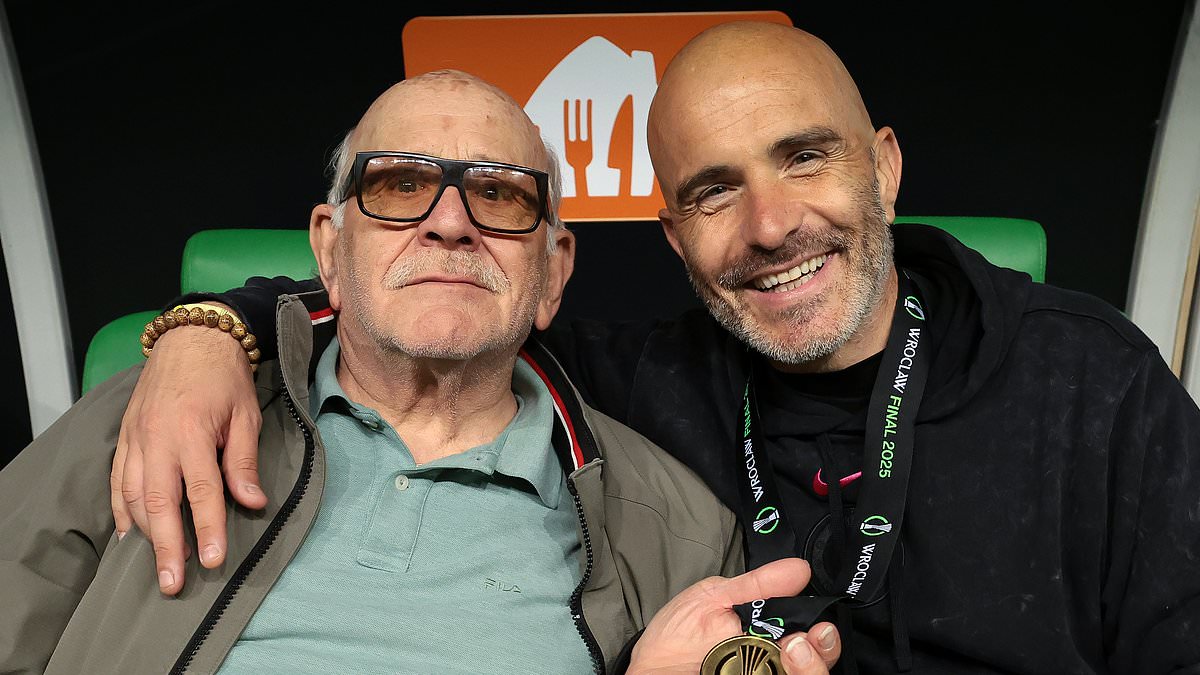Former top Biden aide tells House investigators the president’s decision-making slowed during time in office

Former White House chief of staff Jeff Zients told congressional investigators Thursday that Joe Biden’s decision-making slowed during his time as president and that his ability to remember dates and names worsened over time, according to a person familiar with a readout of Zients’s private interview with the House Oversight Committee.
Zients’s comments make him one of the highest-ranking Biden officials to acknowledge the effect aging had on the former president while he was in office. The former chief of staff gave his statements as part of the House Oversight Committee’s far-reaching probe into the Biden White House’s use of an autopen and the state of Biden’s mental acuity while in office.
According to the person familiar with the readout of the interview, Zients told congressional investigators that decisions that once required Biden three meetings to make eventually began to require a fourth. Zients also said that as he prepared to become White House chief of staff, a role he took on in early 2023, first lady Jill Biden “spoke with him about ensuring the president got more rest and was not overscheduled.” Zients and Jill Biden tried to adjust the president’s schedule so he could return to the residence earlier.
Before Zients’s interview, former White House deputy chief of staff Annie Tomasini, Jill Biden’s former chief of staff Anthony Bernal and former White House doctor Kevin O’Connor all invoked their Fifth Amendment right to silence when they were interviewed by the oversight committee, declining to answer questions about the inner workings of the Biden administration as part of the House investigation.
According to the person familiar with Thursday’s interview, Tomasini and Zients specifically discussed adjusting Biden’s schedule by “allowing more time to read, to spend with family, and to limit walking distances and the number of stairs he needed to climb.”
Zients said he recalled speaking with Bernal “about settings, frequency and interactions when it came to President Biden’s appearances.” And O’Connor “was generally involved in managing age-related appearance issues.”
A source familiar with Zients’s testimony underscored that the former White House chief of staff “had full confidence in President Biden’s ability to serve as president and is proud of what President Biden accomplished during his four years in office.” The source also emphasized that “while President Biden valued input from a wide variety of advisers and experts, the final decisions were made by the president and the president alone.”
When asked whether Zients said Biden was not cognitively up for the job of the presidency, House Oversight Committee Chairman James Comer (R-Kentucky) told reporters on Friday that the former chief of staff “said he thought the President could perform the duties of the presidency.”
In his interview, Zients also outlined some of the ways senior staff responded to Biden’s halting June 2024 debate performance against Donald Trump. Less than a month after the debate, Biden – who was then 81 years old – would drop out of the 2024 presidential race.
Zients told congressional investigators that he attributed Biden’s debate performance to him having a cold but noted that he had seen the president with a cold previously and had not noticed it affect Biden in the same way.
Anita Dunn, a top Biden adviser and architect of his 2020 campaign, suggested giving the president a cognitive exam, but aides deferred to O’Connor on the decision, Zients said during the interview. After the June debate, Zients recommended to O’Connor that Biden undergo a full medical workup and implied to Biden’s doctor that it would include a cognitive exam.
Zients told congressional investigators that after the debate, he thought Biden should exit the presidential race, and that national security adviser Jake Sullivan agreed. Cabinet members including Commerce Secretary Gina Raimondo, Veterans Affairs Secretary Denis McDonough and Secretary of State Antony Blinken expressed concerns about Biden’s reelection prospects, Zients said.
In the waning weeks of his presidency, Biden issued a full and unconditional pardon for his son, Hunter Biden, who was found guilty of gun-related charges in Delaware and pleaded guilty to tax evasion in California. Zients said in Thursday’s interview that Hunter was involved in presidential pardon discussions and attended a few pardon-related meetings toward the end of the Biden administration.
When asked about Zients’ interview, Rep. Robert Garcia (California) – the highest-ranking Democrat on the Oversight Committee – said, “Republicans keep trying to focus on the past, and they keep focusing on President Biden and his health while they’re ripping away health care from 17 million Americans. Right now, we’re focused on the Epstein interview.” Garcia was referring to former labor secretary Alex Acosta’s recent closed-door testimony to the committee. While working as a federal prosecutor, Acosta facilitated a plea agreement with Jeffrey Epstein.



